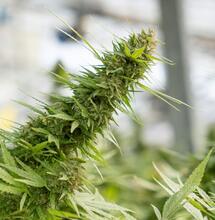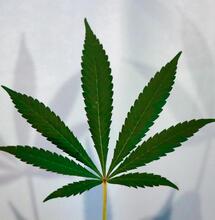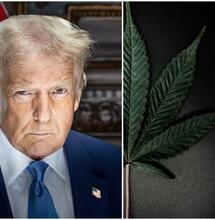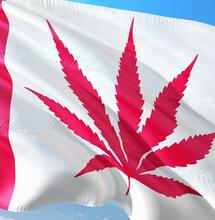The Economic Impact of Canada's Legalization: Report
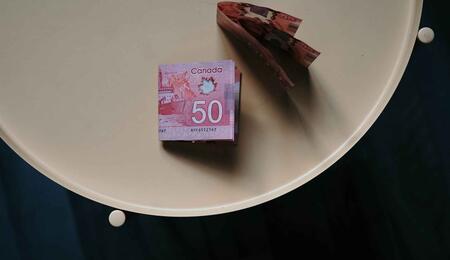
A new Deloitte report examines how Canada's 2018 legalization effort has added to the state budget. According to the report, Canada's legalization of cannabis has contributed $43.5bn to the national GDP. The sector has amassed $11 billion in sales and made $29 billion in capital expenditure. Nationwide, recreational pot has brought 98,000 jobs and put $15.1 billion into government coffer. In Ontario alone, the sector has added an estimated $13,3 billion to provincial GDP between legalization and 2021 and has sustained 31,000 jobs annually, says the report.
Deloitte's report, named "An industry makes its mark," collected data with the help of the Ontario Cannabis Store to assess the economic contribution of the adult-use recreational industry.
The report shows that legal market is now adding around $1.09 to Canada's GDP for every dollar for revenue and capital expenditure. For every million dollars in revenue, the sector keeps up around four jobs.
The cannabis industry has supported $15.1 billion in government tax revenue across Canada. The Ontario cannabis industry has alone collected $3bn in tax money. Across Canada, retailer and producer expenditures generated $1.0 billion in direct taxes, $7.3 billion in indirect taxes, and $3.9 billion in induced taxes. In addition, consumers' purchases generated $2.9 billion in sales and excise taxes.
"From an economic perspective, it seems clear the cannabis industry has been a great success, with more to come as it continues to grow," note the authors of the report, however, they also highlight that more can be done in terms of diversity, equity and inclusion across the industry. At the moment, the sector "doesn't reflect Canadian society."
"There continues to be a general lack of diversity among Canada's cannabis workforce and license holders," the authors note.
Deloitte reached out to 700 directors and executives from over 200 companies and found out that 72% were White men, with 14% being minority group men. As little as 14% of the sector is represented by women, of whom only 2% are women who belong to a minority group, including Asian, Black, indigenous, Arab, and Hispanic individuals.
Similar findings can be found in a 2020 study from the University of Toronto and the Center on Drug Policy Evaluation, where it says the cannabis industry leaders are mostly White (84%) and men (86%). That is, despite the fact minority groups have been historically a great deal more discriminated against drug use in Canada, the United States, and beyond.
The report remarks that federal and provincial licensing bodies have more work to do and must work together to ensure the industry is more diverse, equitable, and inclusive.
Last but not least, Deloitte's analysis points out there are opportunities for improvement when it comes to the environmental footprint as well. For example, Canada has approximately 772 hectares of land licensed for outdoor cultivation, and these facilities consume up to 60% less energy than indoor facilities. Spending on other resources such as water is also increased in indoor growing. The sector produced an estimated 5.8-6.4 million kg of plastic waste from 2018 to 2019. Those are some of the environmental issues industry regulators have to address, too.

